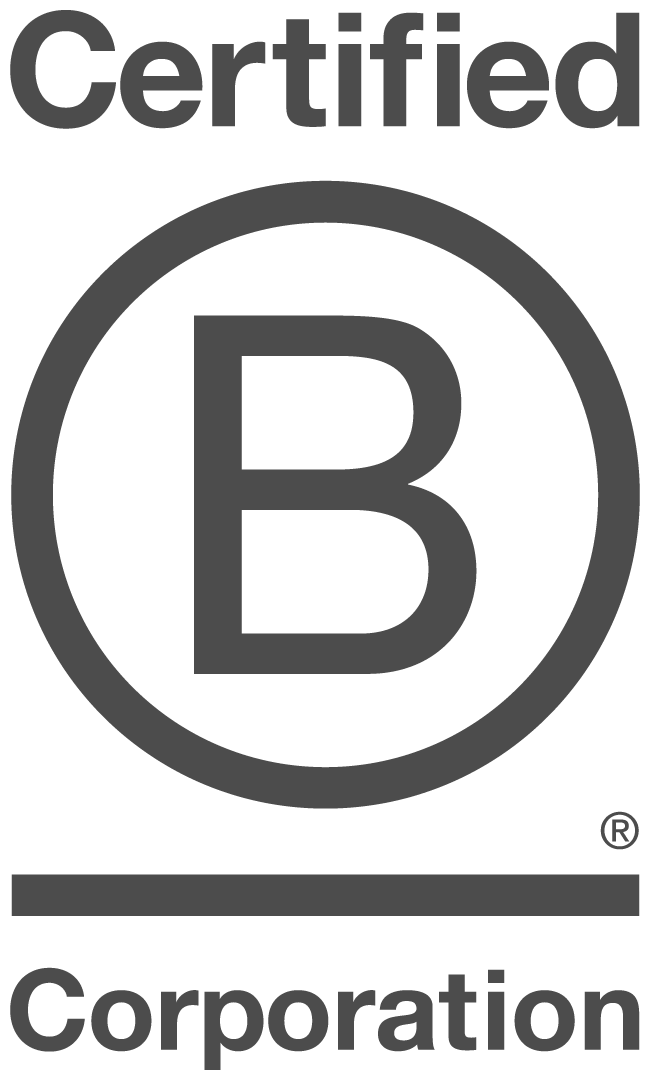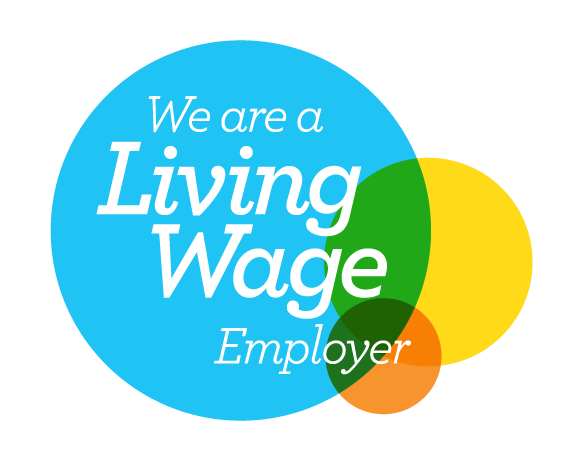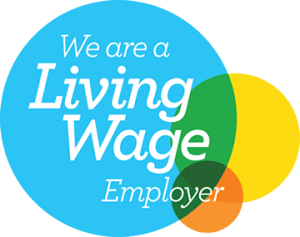Mitigating Scope 3 Emissions Through Supplier Engagement: A Guide for Businesses
How can businesses reduce Scope 3 emissions through supplier engagement?
As businesses strive to achieve sustainability goals, addressing Scope 3 emissions—those indirect emissions in the value chain—becomes crucial. Engaging with suppliers effectively is a powerful strategy for mitigating these emissions. The Science Based Targets initiative provides thorough guidance on this (Engaging Supply Chains On The Decarbonisation Journey, 2023).

Article by Helena Glover
Sustainability Consultant, Net Zero Consulting Team
Helena is skilled at presenting decarbonisation pathways, leading engaging net zero and offsetting workshops to our clients to educate and support with the development of net zero strategies. Helena has researched and developed embodied carbon methodologies to support her areas of expertise in carbon accounting and report writing, as well as completing GHG Protocol Corporate Standard Training.
Why Supplier Engagement Matters WHEN MITIGATING Scope 3
The Importance of Supplier Engagement for Scope 3 Emissions
Scope 3 emissions can constitute a significant portion of a company's total carbon footprint. By collaborating with suppliers, businesses can influence and reduce emissions beyond their direct operations. Effective supplier engagement helps in identifying high-impact areas, promoting innovation, and ensuring long-term sustainability. Supplier engagement is essential because it extends the influence of a company's sustainability practices throughout its entire value chain, ensuring that environmental goals are met comprehensively and robustly.

HOW Supplier Engagement CAN HELP YOU REACH NET ZERO
STEPS FOR EFFECTIVE SUPPLIER ENGAGEMENT
HOW CAN YOUR SUPPLY CHAIN HELP YOU TOWARDS NET ZERO?
BENEFITS OF SUPPLIER ENGAGEMENT FOR NET ZERO
Engaging suppliers in your sustainability journey can lead to substantial reductions in Scope 3 emissions. It enhances your overall environmental performance, meets stakeholder expectations, and can result in cost savings through improved efficiency and innovation. Additionally, strong supplier relationships built on sustainability principles can create a more resilient and reliable supply chain. By working closely with suppliers, businesses can drive systemic change, reducing environmental impact while fostering innovation and operational excellence.
If you would like support on measuring and reducing your value chain emissions, book a 30-minute consultation with us below. Our Net Zero Consultants specialise in the creation and implementation of best practice-aligned net zero transition plans, including carbon accounting, target setting, data management, data analysis and reporting.
DOWNLOAD OUR SCOPE 3 GUIDE
The GHG protocol’s Corporate Value Chain (Scope 3) Accounting and Reporting Standard allows companies to assess their entire value chain emissions. However, interpreting the standard and applying it to your business and goals can be challenging. This document aims to help you do just that.
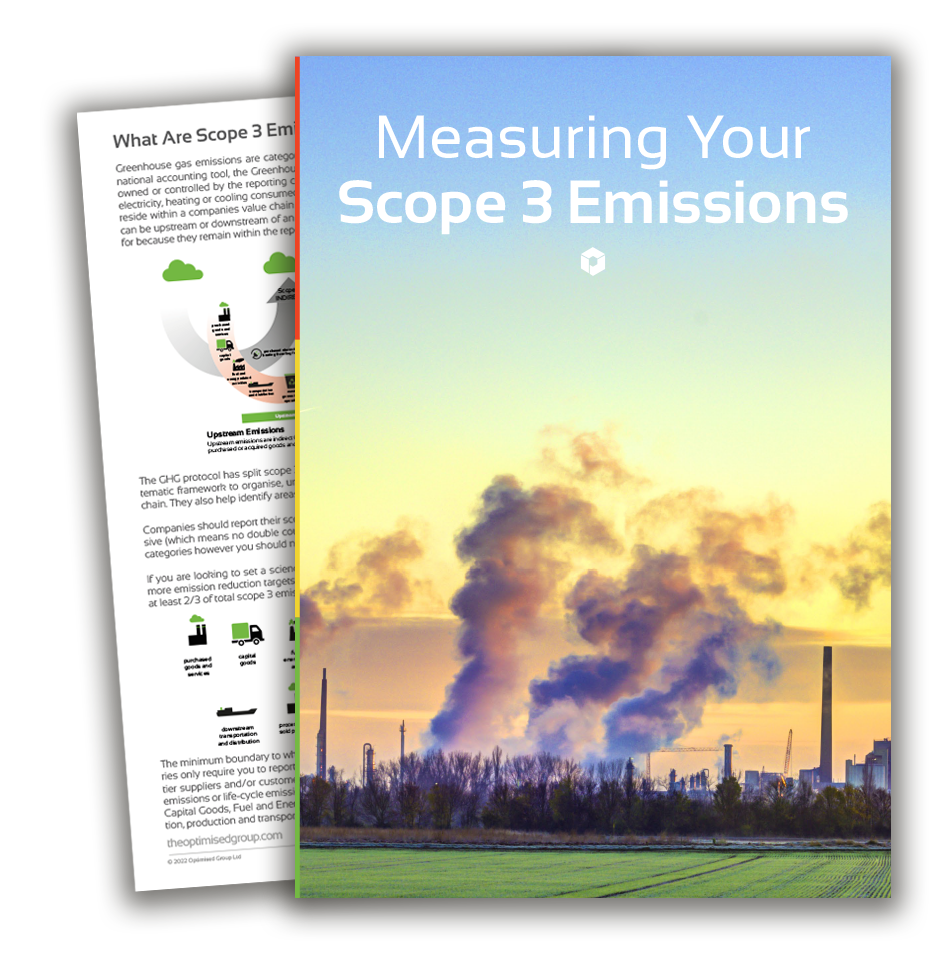
BOOK YOUR 30-MINUTE ENERGY MANAGEMENT CONSULTATION
Fill in your details below to arrange a complimentary consultation with one of our experts. They will give you bespoke advice to help your business achieve all its energy needs, reducing cost, consumption and carbon.



